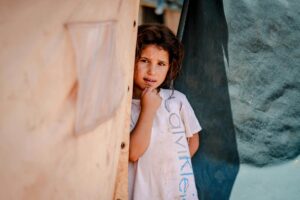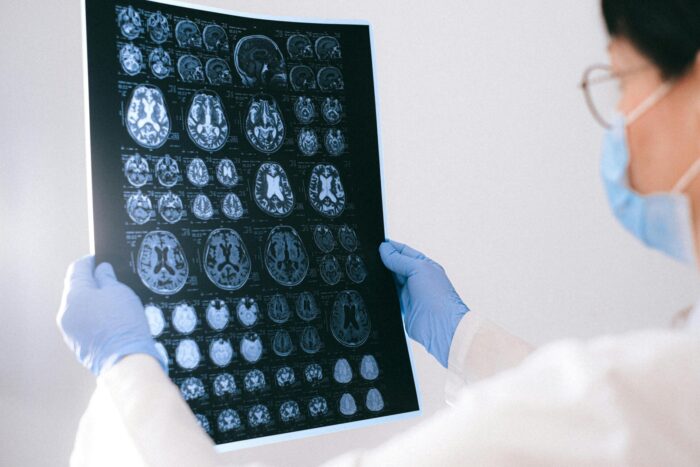
By Amanda Venta, PhD
Waves of Latinx immigration to the United States have changed in recent decades, and our scientific literature is only beginning to catch up. Regional violence and unrest in the Northern Triangle of Central America (i.e., El Salvador, Honduras, and Guatemala) have pushed families to seek asylum in the U.S. Simultaneously, we have seen growth in children traveling without a guardian (i.e., unaccompanied immigrant minors) from the same region. Health care professionals now find large numbers of Latinx immigrant youth and families in their waiting rooms, yet relatively little published research on their mental health experiences and clinical needs exist. Latinxs, in general, are underrepresented in published research.
Share This Post!
Exploratory Study Associates Childhood Trauma with Brain Features in Abusive Mothers
By University of Fukui As sad as it is, child maltreatment continues to be a prevalent global social issue. Recent studies have revealed that up to one billion children aged 2 [...]
SAMHSA Recognizes Posttraumatic Stress Disorder Awareness Month
By Stacey Owens, M.S.W., LCSW-C, Military and Veterans Affairs Liaison, Center for Mental Health Services Although often associated with combat veterans, Posttraumatic Stress Disorder (PTSD) is a mental health condition that [...]
Post-traumatic Stress Disorder and Cancer
By American Society of Clinical Oncology (ASCO) Post-traumatic stress disorder (PTSD) is a type of anxiety disorder. Some people develop PTSD after experiencing a frightening or life-threatening situation. PTSD is most [...]
Childhood Trauma Impacts Muscle Function in Later Life
By Morgan Sherburne – University of Michigan Adverse childhood experiences can detrimentally affect muscle function in older adults by impairing mitochondrial activity necessary for energy production. The study analyzed muscle biopsies from [...]
The True Link Between Early Trauma and Adult Mental Health
By David Rettew M.D., ABCs of Child Psychiatry The last decade of the 1990s was often labeled the “Decade of the Brain,” as many mental health clinicians and researchers emphasized biological [...]
What’s the Best Treatment for PTSD in Children?
By Joan Kaufman, PhD Joan Kaufman, PhD, of the Department of Psychiatry at Yale University, discusses the different stages of trauma-focused cognitive behavior therapy, or TF-CBT, the best evidence-based intervention for children who [...]







